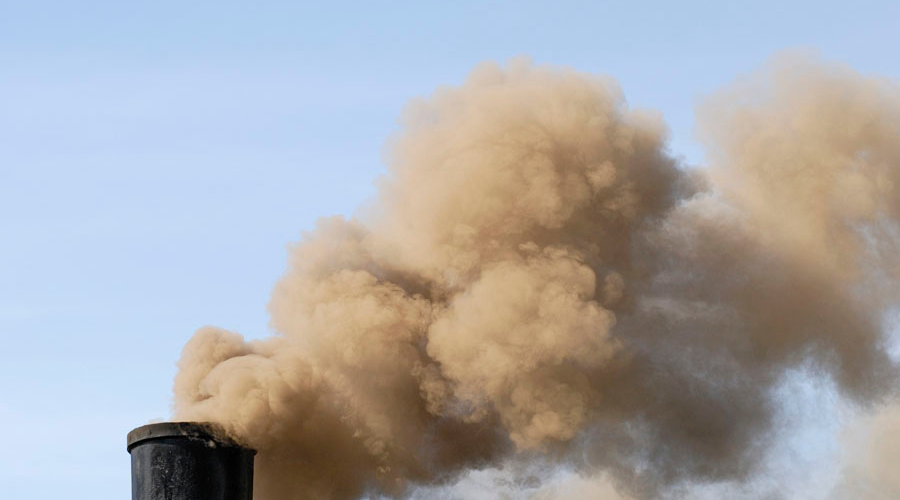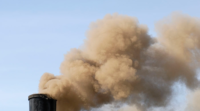More than 80 percent of people in urban areas that monitor air pollution are exposed to air quality levels that exceed what the World Health Organization (WHO) deems safe.
Poor air quality can lead to the risk of stroke, heart disease, lung cancer and chronic and acute respiratory diseases, including asthma, the WHO said.
Ozone pollution can constrict muscles in the airways, leading to shortness of breath and wheezing, according to the Environmental Protection Agency (EPA). Long-term exposure has been shown to trigger asthma and may cause others to develop asthma, the EPA said.
Here are ways to combat ill health effects:
• Pollution levels are highest during busy times such as morning and evening rush hour. Avoid being outside during peak travel times, said Elizabeth Garland, MD, MS and associate professor at the Department of Environmental Medicine and Public Health at the Icahn School of Medicine at Mount Sinai in New York City.
• Avoid exercising during these times or along busy roads. "On the occasional days when ozone and particle pollution levels are extremely high all day, it may be prudent to avoid or reduce the intensity or duration of exercise," Garland said.
• If exercising outdoors, morning hours are best, outside of busy travel times. Ozone levels are lower in the morning. Sunlight can also make ozone pollution levels worse throughout the day. Garland recommended exercising in parks, wooded areas or less traveled streets.
• A diet rich in antioxidants can also offset some of the negative health effects. "Some studies suggest a diet rich in fruits and vegetables may suppress some of the harmful effects of air pollution," Garland said.
• Those with chronic cardiac and lung diseases, like asthma, should be extra cautious. "Ozone is a known trigger for asthma exacerbation," Garland said.
• As far as wearing surgical masks, Garland said they are not effective in filtering out small particulate matter. Only masks issued by NIOSH work to block those particles. However, they have to be fitted and are not effective if one has facial hair.
To check air quality levels in the United States, use the AirNow website.
Source: AccuWeather

